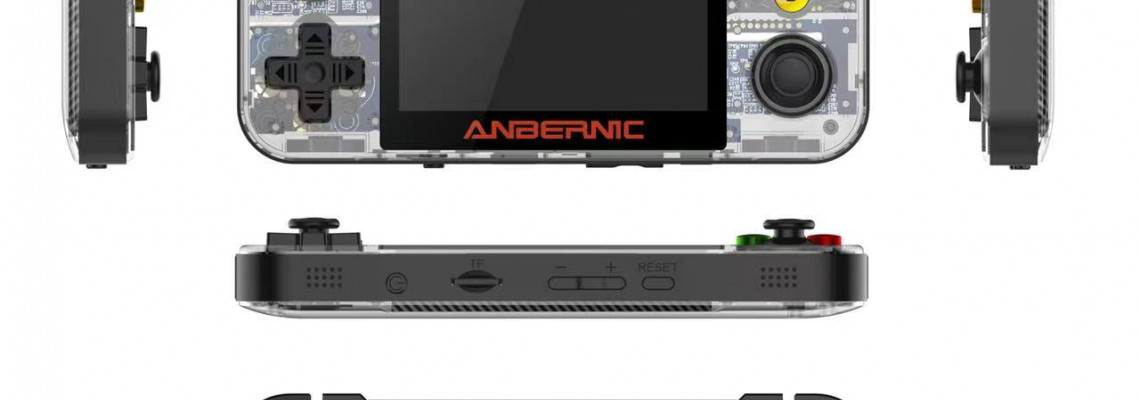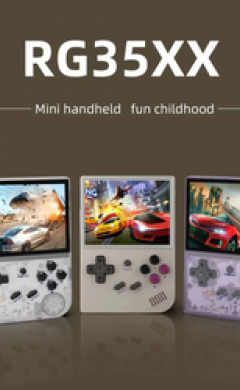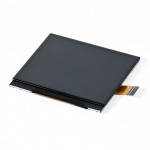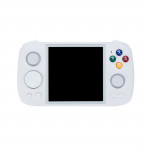Keep Calm and Emulate On

Keep Calm and Emulate On
A friend suggested that I turn my PC into a portal to the past of gaming, which started my foray into the world of emulation during my high school years in the late 1990s. My parents' mistrust prevented me from having access to systems like the NES as a child, so learning about emulation was a huge discovery. Suddenly, I could establish intimate relationships with treasured titles that had previously only been available on the TVs in the living rooms of lucky friends.
I could emulate well-known figures like Mario and Sonic, whose exploits I had previously been unable to follow. I realized that emulation democratizes the gaming experience by providing a level playing field for those who lost out in their youth or just wanted to learn more about gaming history. This is the transforming magic of emulation.
The emulation community has been shaken by the recent announcement of Yuzu's discontinuation. The Yuzu emulator, which was praised for its capacity to port Switch games to other platforms with improved performance, is now permanently gone. Many worry that this could signal the death of Switch emulation or, worse, threaten emulation in general. But as someone who has witnessed the struggles and victories of emulation, I take comfort in historical patterns.
This is hardly the first instance of emulation issues with contemporary systems. Although emulation has persisted, previous conflicts between emulator makers and copyright holders have played out similarly. The terrain may change, but the emulation community's enthusiasm and innovative spirit never waver. Therefore, remember that emulation's durability surpasses individual failures as we traverse this most recent wave of shutdowns. Because of its ardent supporters, emulation will continue to flourish and democratize gaming experiences.
Sony v Bleem
In 1999, right in the middle of the PSX lifetime, Bleem!, a PSX emulator for Windows PCs, was released. I remember playing around with Bleem!'s early releases when it came out, even though I had the console. I could play PlayStation games; instead, I found the concept of doing it on a different platform intriguing. Could I use my PC's CD-ROM drive to play the games on this new console?
I feel the same way many others in this hobby do: Emulation tests what the authors meant to start with rather than necessarily providing a superior experience and getting a piece of software or hardware to work differently than it was designed to be exciting. It is the lifeblood of our pastime. Regretfully, Sony, like today, did not share the excitement surrounding this innovation outside of the boundaries that separate the PC and console. They set out to stop Bleem that same year!
Bleem! It allowed customers to play PSX games at a higher resolution on their home PC than possible with the official Sony gear. It was the first emulator I knew of that improved external software using brand-new PC graphics cards (GPUs were still in their infancy). Naturally, this situation is almost identical to the one involving Nintendo and Yuzu. I'm happy to see that, twenty years later, someone is rediscovering emulation like I did when Bleem! Debuted in 1999. searching for a different, better way to do something they already enjoy.
The fact that Bleem! was a commercially available product set it apart. Back then, you could pick up a boxed retail emulator for a system that was available for purchase at your neighbourhood CompUSA or a similar retailer. Sony's action against Bleem! I was prompted by this direct challenge to their hardware ecosystem. After a California judge ruled that Bleem! had not infringed Sony's copyrights, they lost their first lawsuit. After accusing Bleem! of exploiting screenshots of their software in their advertisements, Sony ultimately prevailed by threatening to shut down the company or suffer extreme legal costs.
Two Bleem! Team members were directly employed by Sony by 2005.….
The UltraHLE Lawsuit
Nintendo filed a lawsuit against the group that created UltraHLE, a PC emulator for the Nintendo 64, in 2000. At the time, there were other attempts at N64 emulation, although they might not have reached the same levels of accuracy and performance as UltraHLE. Similar to today's news, Nintendo claimed in its complaint that UltraHLE had gotten around copyright protection for its intellectual property by enabling customers to access and play games on unapproved hardware. Does that sound familiar? The result may be as well. Before the lawsuit reached a courtroom, the emulator's development team packed up. The creation and dissemination of the top N64 emulator vanished almost immediately.
What transpired after this lawsuit, then? Initially, there was a lot of ambiguity over the implications of this for the advancement of N64 emulation and emulation in general. Would Nintendo target older system emulators? Was the hobby the end of it?
Not. The UltraHLE project's demise left a wealth of knowledge about how they accomplished their goals, and others continued where they left off, pursuing their initiatives. We saw the emergence of Ultra64, Parrallel64, and others following the UltraHLE case. Ultimately, the community improved emulation development by applying the knowledge acquired throughout UltraHLE's development.
Someone Had to Act?
These previous instances demonstrate that intellectual property owners like Sony and Nintendo must occasionally draw a line in the sand to show the world that they are at least paying attention. These firms are concerned about ease of access. Yuzu's quick development on Android opened up the platform to a user base that might not have previously been interested in emulation and might have just been interested in more sinister uses.
Nintendo will take action when there is a real threat to its business, regardless of the justification in the case. Marketplaces are where these businesses have the most clout. Although Switch emulation is still being developed, it's possible that future releases won't be visible on the Google Play Store. Users might have to load their own emulator APKs and put their devices in developer mode. If communities are perceived as specialized hobbyists, as they have historically been, businesses may tend to ignore them.
What Does the Future Hold?
I have personally witnessed the adaptability and tenacity of emulation as I have followed its development over the last twenty years. Despite sporadic setbacks, emulation—intrinsically linked to the quick speed of technological advancement—continues to flourish. When your favourite emulator runs into issues during development, remember that these issues are temporary. The emulation community's passion and commitment guarantee that advancements continue.
Emulation is still a persistent goal for fans worldwide despite the fact that it walks a tightrope between piracy and preservation. Instead of debating moral issues, it's essential to recognize that a variety of circumstances, such as community involvement and technical advancement, influence the course of emulation. Indeed, there may always be bad people out there, but their impact is overshadowed by the enthusiasm that unites us and propels emulation.
In the end, as a fan, this kind of stuff occurs. Development will continue as long as a thriving community is ready to investigate emulation's potential.







